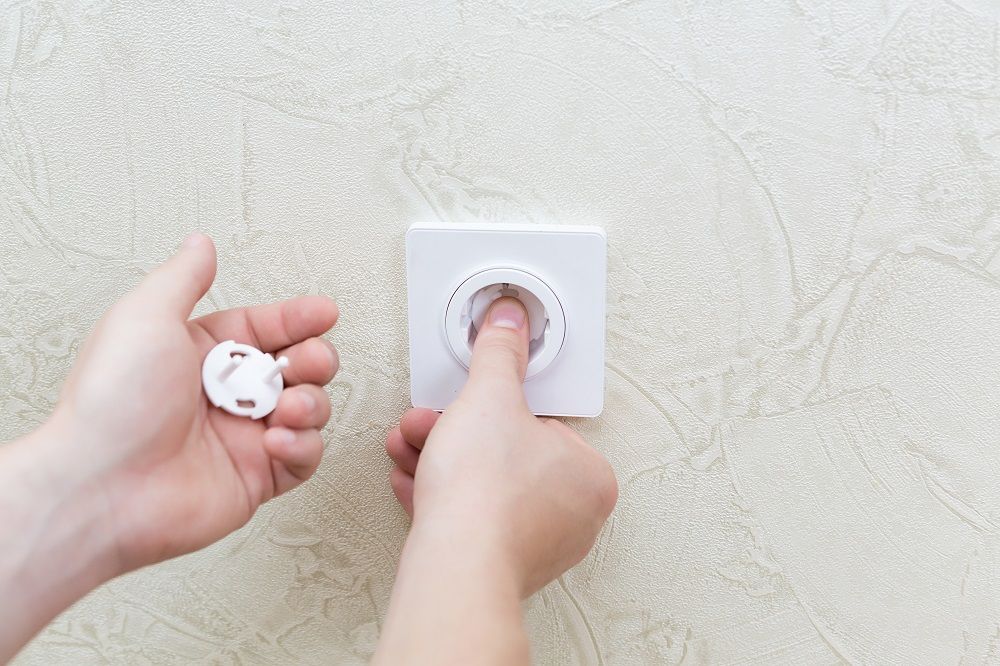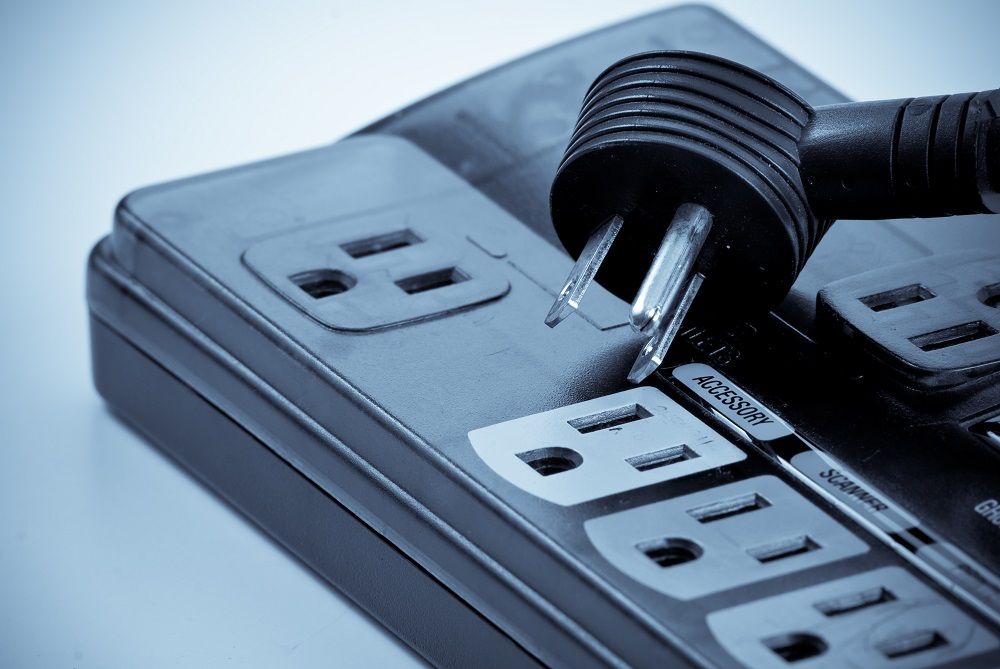Electrical Safety Precautions for Every Household
Most people use electricity every single day. However, they don't realize how dangerous electricity can really be. According to the US Consumer Product Safety Commission, 31,000 electrical fires break out in residential buildings every year. With numbers like those, it's hard to justify ignoring electrical safety. Here are a few electrical safety tips you can use to keep your home and your family safe.

Stay Safe with Outlets
One of the most common causes of electrical problems is overloaded electrical outlets. Check all of your outlets to ensure they are cool to the touch, work properly, and have protective faceplates. Additionally, you should only plug one heat-producing appliance into an outlet at a time. Don't plug appliances into extension cords or multi-outlet converters.
Only Work with Licensed Electricians
Electrical systems are incredibly dangerous. If something is wrong with your electric system, always hire a skilled professional to make the necessary repairs. They have the knowledge, skills, and experience to keep your home safe, fix the problem, and remain compliant with electrical codes.
Repair or Replace Damaged Cords
Frayed, cracked, and otherwise damaged electrical cords are hazardous to have in your home. They can cause electrocution and fires. Check the power cords in your home regularly and repair or replace any that are damaged.
Use the Right Lightbulbs
One way to prevent electrical problems is by using the correct lightbulbs for all of your lamps and fixtures. Appliances and fixtures can only handle a specific amount of wattage, which is usually listed on the item. If you use the incorrect bulbs, you can experience electrical issues. If your fixture does not have a listed wattage, use a 60-watt lightbulb or less. You should also consider installing LED bulbs since they use less energy and decrease the chances that a fixture will overheat.
Keep Your Kids Safe
Teach your children about electrical safety, so they do not hurt themselves. Place safety caps and covers on all of the outlets. This will stop your child from sticking anything in the outlet and getting shocked. You should also store dangerous electronics away from your children. Keep blenders, toasters, and electric kettles on high shelves or locked cabinets where your kid cannot reach them.

Unplug Unused Electronics
If you are not using an appliance or electrical device, simply unplug it. Doing this helps to protect your appliances against power surges and overheating. Plus, unplugging unused appliances also helps to save energy, since they still draw electricity even when they're not being used.
Keep Water Away from Electrical Devices
Electricity and water are a dangerous combination. To prevent appliance damage, personal injury, and electrocution, keep electrical devices away from water. If you are working with electrical appliances, make sure your hands are completely dry.
Install Smoke Detectors
Typically, electrical fires smolder before open flames appear. Plus, according to the US Fire Administration, most electrical fires start between midnight and 6 a.m. By installing a smoke detector (or ensuring yours works), you will be alerted to a fire before it becomes too dangerous and keep your family safe.
